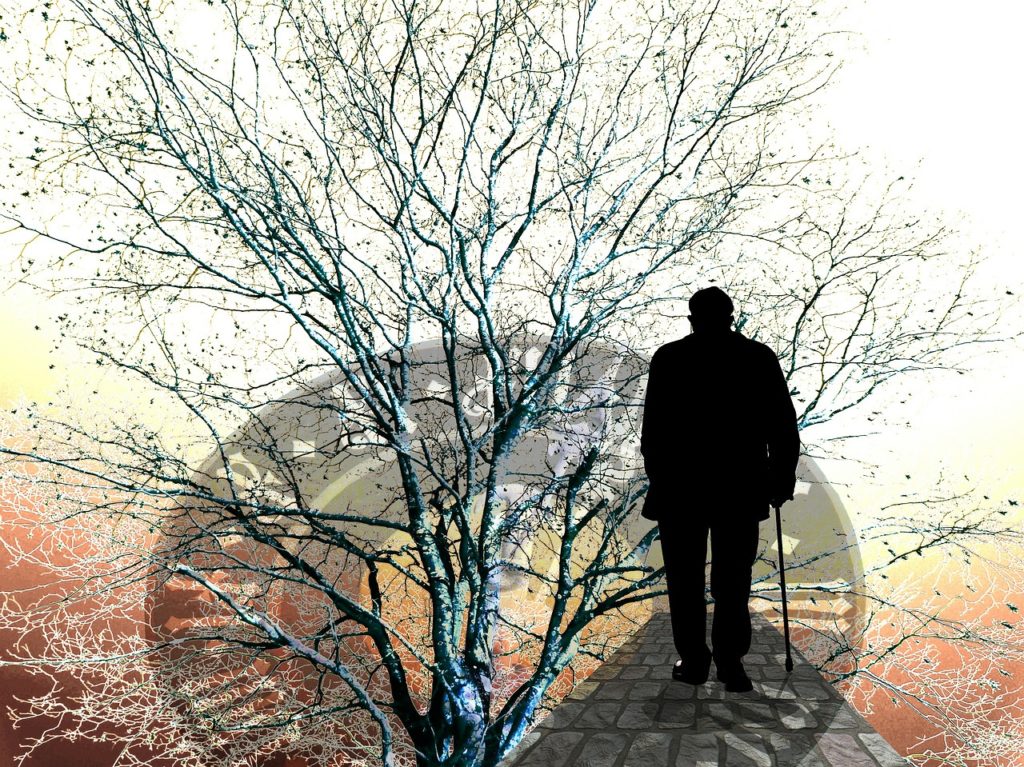Maryland-based Hospice of the Chesapeake in September will launch a new bereavement care program focused on the unique ways that men grieve.
Men are less likely to express or discuss their grief following a loved one’s death, according to the 2010 book Grieving Beyond Gender: Understanding the Ways Men and Women Mourn, by K.J. Doka and T.L. Martin. They are more likely to try to distract themselves with work or other pursuits and are more likely than other genders to abuse alcohol or other substances in the aftermath of loss.
Avoidance of the issue, intellectualization of grief and attempting to minimize the magnitude of the loss are common aspects of male grief, the book indicated.
The Hospice of the Chesapeake program involves a monthly men’s support group led by male interns who are Master’s degree students in counseling. Family members of hospice patients are able to participate, as well as men from the larger community.
“We were starting to see some trends in our individual counseling services as well as our group offerings where mostly women were accessing these services,” said Amy Stapleton, manager of bereavement services for Hospice of the Chesapeake. “We felt like it was a really good opportunity to define a particular space for men and acknowledge some of the differences among genders when it comes to grieving. This is an opportunity to learn and hear from men as they are navigating their bereavement.”
Grief is certainly influenced, but not determined, by gender, and familial, cultural and religious or spiritual understandings and perceptions of death also influence how individuals grieve, Stapleton told Hospice News. Messages that many men receive as far back as early childhood also have an impact on their bereavement, including attitudes that discourage vulnerability and stereotypes of men as protectors and providers who maintain a “stiff upper lip.”
“Some of those are stereotypes, and some of them show up in the counseling room. In my experience many of the men that I see take on grief as a challenge to be overcome, something they believe they should be able to fix, solve or avoid,” Stapleton said. “Whereas women in general, though not always, tend to be more intuitive grievers for whom sitting down and talking about their experience comes more naturally. It will be interesting to see if the stereotypes subside [in the men’s group] or how the group’s dynamic may differ from our other bereavement programs.”
The new program complements a suite of grief services the hospice offers to families and the surrounding community that includes individual counseling, support groups, programs for patients who have lost a child and families who lost a loved one due to substance abuse, programs for grieving children and teens and activities such as grief yoga or cooking in the midst of grief. The hospice also offers a pet loss workshop.
The hospice offers bereavement care at no cost for as long as 13 months following a loved one’s death. After 13 months, the participation fee is $10 per session.
For the men’s group, the hospices expects 10-12 participants per month.
“Statistically, grieving men are at risk due to the impact of internalized stress and the effects of poor self care. That kind of gets dismissed; so our hope is to further the resiliency of men who are grieving and introduce some aspects of self care that maybe isn’t always affirmed in society,” Stapleton told Hospice News. “There are some unique aspects of how men grieve, and I think being together and having that normalized will destigmatize and hopefully diminish some of the shame that men report feeling from being vulnerable.”



